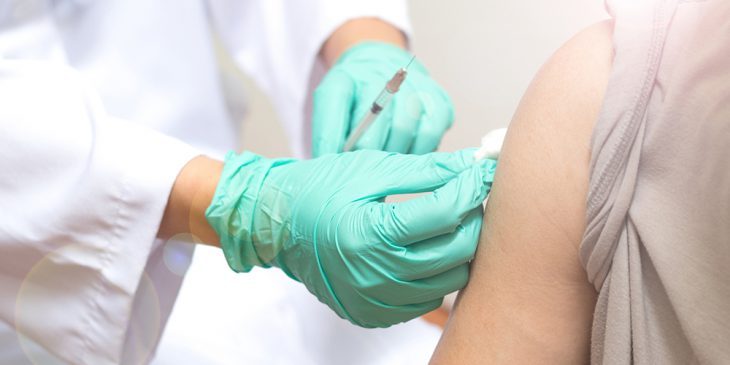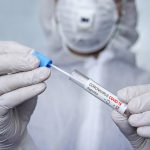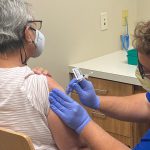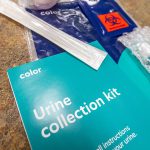This week, the Allegheny County Health Department has confirmed five cases of measles in the county this year. The news comes amid outbreaks nationwide, and there is rising concern about who is protected.
“The Centers for Disease Control considers people born before 1957 to be immune because the disease was so common at the time that almost everyone was exposed,” said Dr. Graham Snyder, director of infection prevention at UPMC. “Otherwise, documented evidence of vaccination or a laboratory test showing evidence of antibodies indicates whether a person is protected; if so, then vaccination is not recommended.”
The measles vaccine is one of the most effective vaccines there is, Snyder said. It’s highly protective and very unusual to have a breakthrough infection for people who have been vaccinated.
Even just one dose is over 90% effective, meaning nine out of 10 people acquire immunity with just one shot. Two rounds of vaccine are 97% effective.
Those who cannot receive the vaccine – including very young children and anyone with a compromised immune system – rely on herd immunity for measles protection. Since measles is so contagious, 93% to 95% of a population must be vaccinated to achieve herd immunity.
According to the most recent Allegheny County School Immunization Report, 96% of school children in the area are fully vaccinated.
Anyone unclear of their vaccination status should request their records from their primary care doctor, Snyder said. If there’s no record of vaccination, then the doctor may order blood titers to check for measles antibodies, and depending on the results, they may recommend another shot.
“I think the most important groups to consider are school-age children, college students, health care workers and people traveling internationally,” Snyder said. “These groups are at the highest risk and should receive two doses of vaccine.”
Usually measles starts with fever, followed by cough, runny nose and pink eye. A few days later, a rash emerges. Occasionally, there are also spots in the mouth. In rare cases, it leads to pneumonia or brain infection. About one in 1,000 cases are fatal.
Those who suspect they may have been infected or are showing signs of measles should contact their primary care doctor, Snyder said. Call or use the UPMC AnywhereCare app to avoid potentially infecting other people in the doctor’s office.
“In western Pennsylvania, measles is still a rare disease,” Snyder said. “What I would do, as a resident, is review my vaccination record with my PCP. If I think I’ve been exposed to measles and having symptoms, I’d call my doctor.”
Additional information about measles signs, symptoms, risks and prevention can be found on the Pennsylvania Department of Health website.








